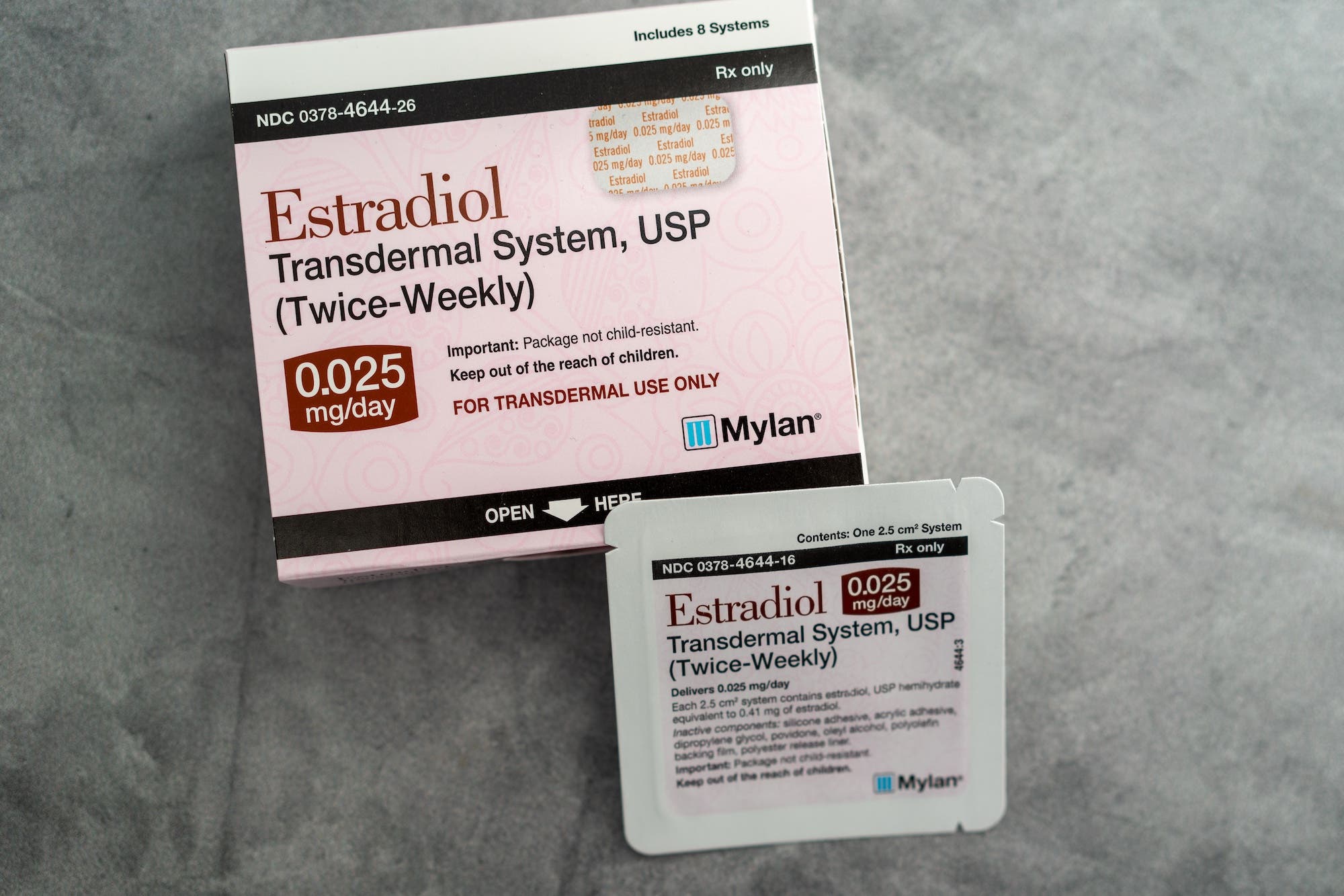Over one-third of U.S. adult males say that they do not wake up feeling well-rested. If you fall under this category, or have ever experienced a bout of insomnia, you may have looked to “nature’s sleeping pill,” melatonin. But is it safe to take if you’re trying to conceive? Here, we explore what melatonin is, how it works, and whether it can affect male fertility.
What is melatonin?
Melatonin is a hormone that is naturally produced in the pineal gland, a small, pea-sized gland at the base of the brain. This hormone plays a vital role in regulating our natural 24-hour circadian rhythm, which is what signals your body when it’s time to go to sleep and wake up. Essentially, melatonin helps keep our internal clock in check.
Melatonin production is strongly guided by sunlight exposure. For healthy adults, melatonin levels will begin to rise when the sun sets and will reach peak levels at night. When the sun comes up in the morning, melatonin levels begin to fall back down.
Some common habits, like blue light exposure from electronics before bed or not getting enough sunlight during the day, can throw melatonin production off balance, impacting your quality of sleep. Natural melatonin production may also be disturbed by jet lag from long travel, or for those who work nights or varying shifts.
This is why some people may turn to melatonin capsules or gummies, sold in pharmacies and convenience stores as a natural sleeping aid. Melatonin is considered a dietary supplement by the FDA and is generally considered safe to use when taken in recommended doses for short periods of time.
Why do people use melatonin?
People use melatonin supplements when they are experiencing insomnia, want to overcome jet lag, or are trying to fall asleep earlier than usual. Some people use melatonin regularly as part of their bedtime routine.
Sometimes, people even consider using melatonin in an attempt to improve their fertility. That’s because numerous studies show that sleep and male fertility are closely linked. Quality of sleep may impact sperm health, inflammation, testosterone, and other male fertility hormones.
For example, one study found that patients with low sleep quality had lower sperm count, decreased sperm motility, and poorer sperm morphology. Another study reported that bodily inflammation, which can be caused by sleep deprivation, has a negative impact on a male’s sperm production.
If you’re trying to conceive with your partner but are struggling with feeling rested, melatonin may seem like the perfect solution to improve sleep quality. But before you take a supplement of any kind, even something “natural,” it’s important to learn how it works and any side effects it could have on your body.
How does melatonin work?
Although melatonin is known as a “natural sleeping pill,” the hormone itself won’t knock you out. Your body already naturally produces melatonin, and your melatonin levels fluctuate throughout the day. There’s an important distinction: melatonin simply signals to your body that it’s time to go to sleep—it doesn’t make you fall asleep.
While melatonin production plays a key role in sleep, a lack of melatonin isn’t necessarily the cause for most insomnia or sleep-related issues. If you struggle with getting quality sleep and find that melatonin or other natural solutions don’t help, it’s important to consult your doctor to get to the root cause.
Does melatonin affect male fertility or reproductive health?
The concern that melatonin may harm male fertility is mostly theoretical. In many mammals, melatonin regulates breeding cycles, and is the hormone responsible for suppressing fertility during winter months. However, primates like humans don’t have “mating seasons,” and melatonin doesn’t seem to affect fertility the same way for us.
Although there are studies that have analyzed the effect of melatonin on male fertility, the findings are conflicting. There isn’t enough evidence to make a strong claim that melatonin can cause male infertility—nor that melatonin doesn’t impact male fertility.
In one small study, eight healthy adult men were administered a daily treatment of 3mg of melatonin for a six-month period. During the treatment, two men experienced a decline in sperm concentration and seminal plasma and serum levels. After six months of ending the melatonin treatment, one of those two males still reported lower levels of sperm concentration, which suggests that long-term use of melatonin may be harmful to male fertility.
On the other hand, another study explains that melatonin may have antioxidant properties that could help protect sperm from oxidative stress and sperm DNA fragmentation. In the study, scientists induced oxidative stress in male sperm through a heat treatment. They found that melatonin could protect the sperm from heat-induced oxidative stress, which would usually decrease sperm motility and viability.
Should I use melatonin to improve sleep quality?
If you are trying to conceive, you may want to make other lifestyle changes first and monitor whether your quality of sleep begins to improve. It’s possible to improve your quality of sleep without the help of melatonin pills.
5 ways to improve sleep quality without melatonin:
- If your work schedule allows it, create a consistent sleep schedule that you maintain throughout the week—even on weekends. Sticking to a routine will help your body naturally fall asleep faster and, hopefully, stay asleep throughout the night.
- Instead of watching TV or scrolling on your phone before bed, tuck away your blue light-emitting devices. To wind down for the night, try reading a book, listening to calming music, or talking about your day with your partner.
- Try wearing blue light blocking glasses and begin dimming lights around the house a few hours before bedtime. Decreasing light exposure can help promote melatonin production and signal your brain that it’s time to wind down.
- Avoid drinking caffeine within five hours of bedtime, and avoid alcohol within three hours of bedtime.
- Go for a walk outside in the morning. Getting even just 15 minutes of sunlight at the start of the day can help you wake up and reset your circadian rhythm.
If you still find yourself struggling to get good sleep even after making lifestyle changes, consult with your primary care physician to find the best course of action for improving your sleep.
Remember, sleep is just one factor of your overall fertility health. To get a better understanding of your current fertility and how you can improve it, starting with an at-home sperm analysis test is quick, easy and completely confidential.



